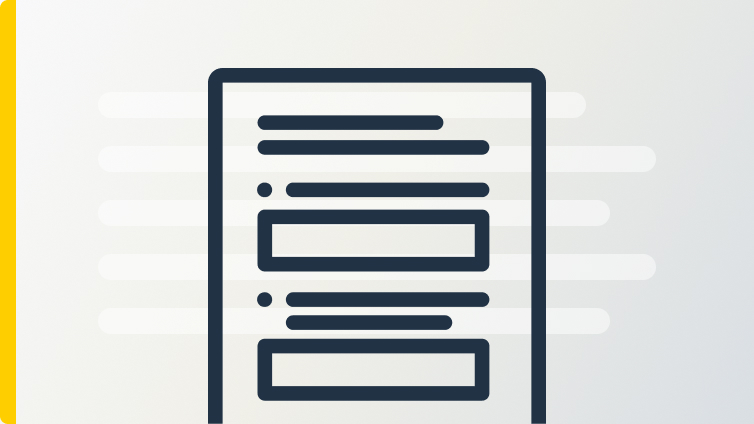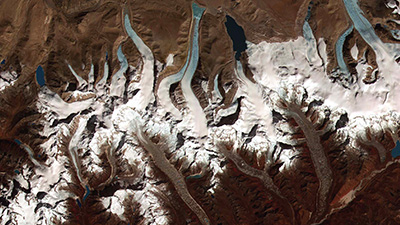The Anthropocene?
Teacher Resources
Driving Question: How will the transformations of globalization affect our world in the future?
The world is entering a new era defined by human impact. The future depends on how we respond: Will it be with knowledge, compassion, and the drive to make change? How will you be part of the story?
Learning Objectives:
- Use evidence to analyze how globalization has impacted the environment.
- Use the historical thinking practice of analyzing continuity and change over time to develop a new frame for analyzing world history.
Vocab Terms:
- Anthropocene
- biodiversity
- domestication
- emissions
- epoch
- nuclear
- radiation
The Future
To teach this lesson step, refer to page 2 of the Lesson 9.8 Teaching Guide.
Learn what students in other classrooms have said about the future. Read the Community Forum thread Imagining the Future.
We may not be able to predict the future with certainty, but making predictions can be a useful exercise. In this opening activity, you’ll take out your crystal ball and hypothesize about the world a few decades from now.
Climate Change
To teach this lesson step, refer to page 3 of the Lesson 9.8 Teaching Guide.
For even more resources on climate change, check out our Climate Change resources.
Climate change is one of the most urgent consequences of globalization. This part of the lesson looks at how energy use and environmental impact may signal a new era defined by human influence.
-
Guiding Questions
-
Before you watch
Preview the questions below, and then review the transcript.
While you watch
Look for answers to these questions:
- How does Stan define energy, and what is its main source today?
- What were the first two major energy technologies humans used?
- Why does Stan say coal is not just a nineteenth-century technology?
- What are some reasons we don’t rely more on nuclear energy?
- What impact has fossil fuel use had on the environment?
After you watch
Respond to this question: Do you think the history of energy use shows progress, or does it raise concerns about sustainability and inequality?
Key Ideas
-
Guiding Questions
-
Before you read
Preview the questions below, and then skim the article. Be sure to look at the section headings and any images.
While you read
Look for answers to these questions:
- What is another name for the Anthropocene?
- What does the graph on human influence and temperature show?
- How does global temperature change between 1880 and 1940, and between 1940 and2020?
- What is the current rate of biodiversity decline?
- What do Three Mile Island, Chernobyl, and Fukushima have in common?
After you read
Respond to this question: How does climate change affect human rights, and who is most vulnerable to its impacts?
Frame-Building
To teach this lesson step, refer to page 5 of the Lesson 9.8 Teaching Guide.
We’ve looked at history through the frames of community, production and distribution, and networks. What would you add, if you could create your own frame?
The Impact of Globalization: Progress or Problem?
To teach this lesson step, refer to page 7 of the Lesson 9.8 Teaching Guide.
Wrap up the unit with this culminating DBQ. You'll analyze a range of sources and apply your historical thinking to answer a big question about globalization’s legacy. This is your chance to show what you’ve learned about the causes, effects, and complexities of our interconnected world.



